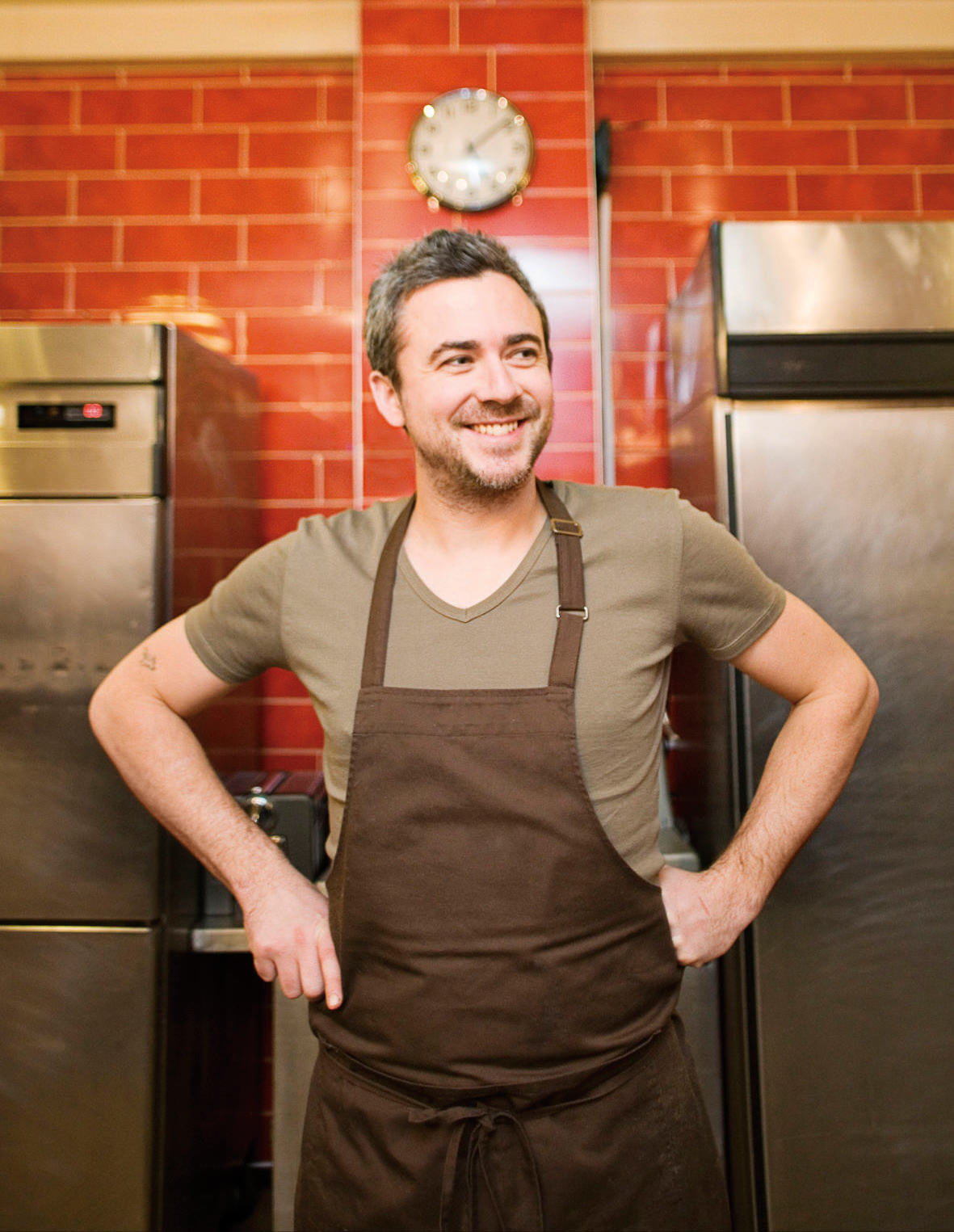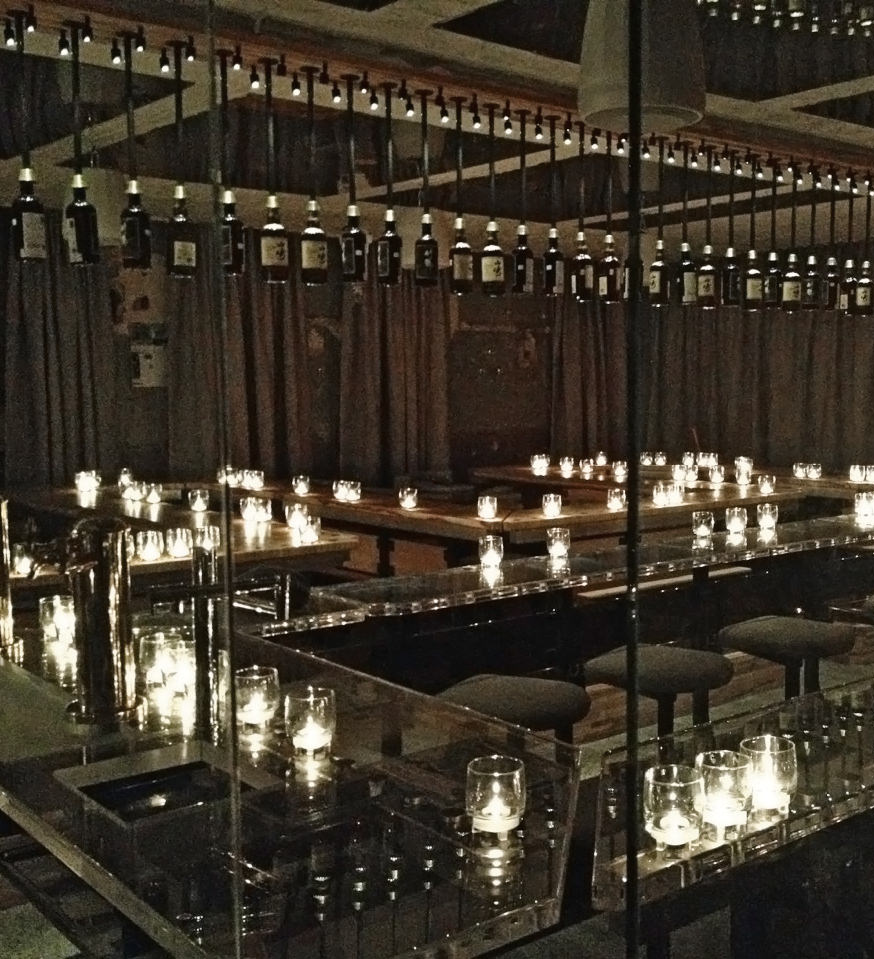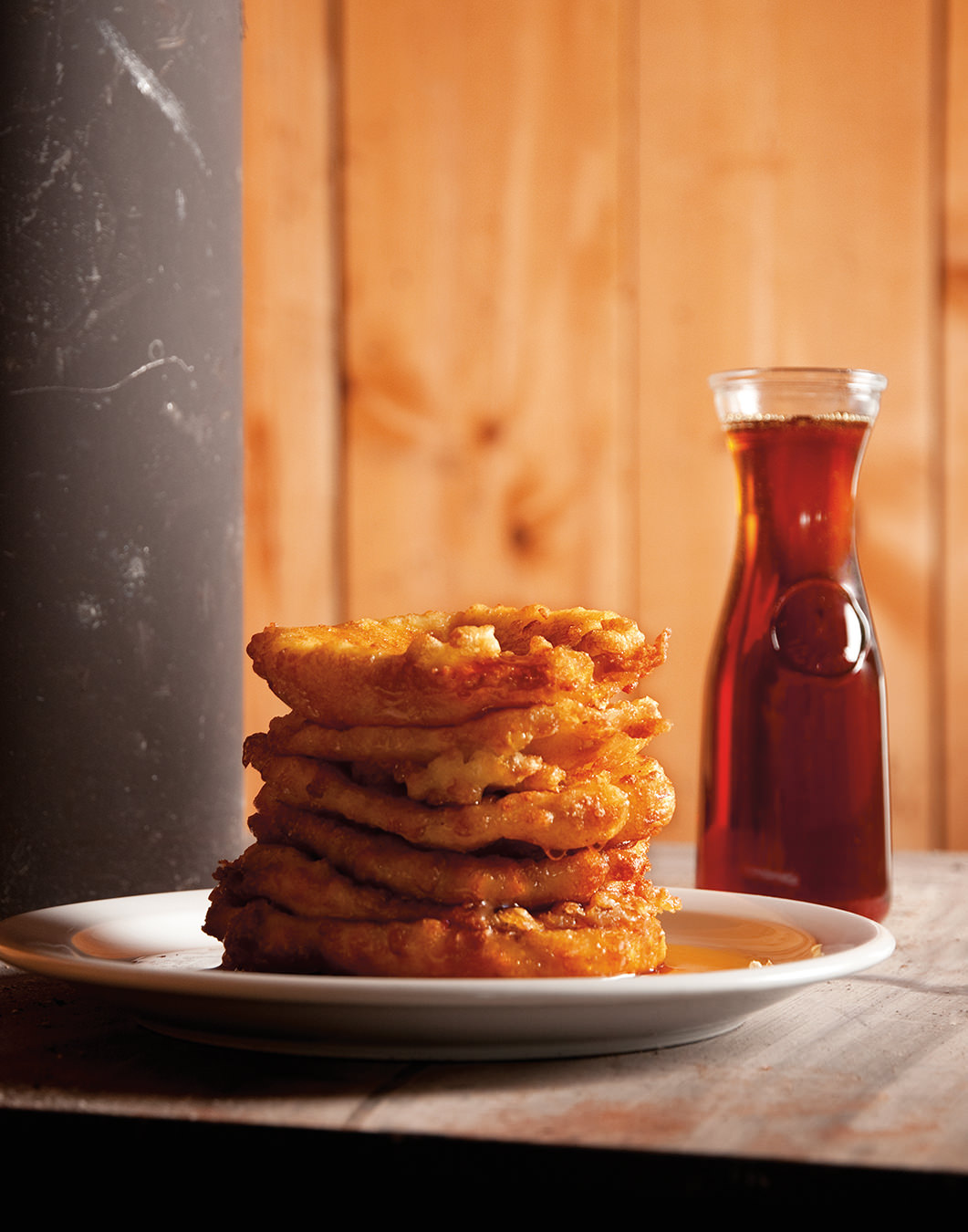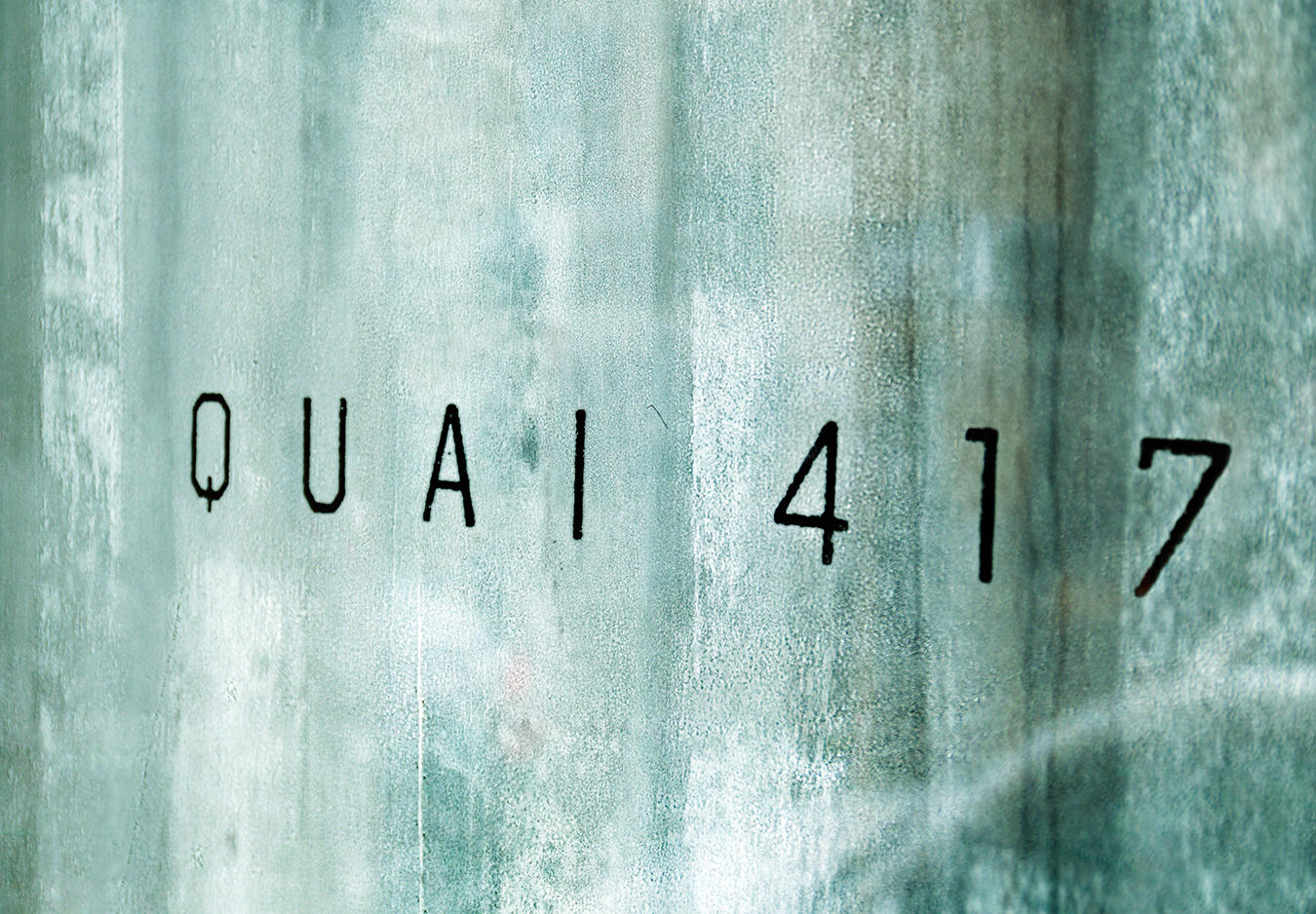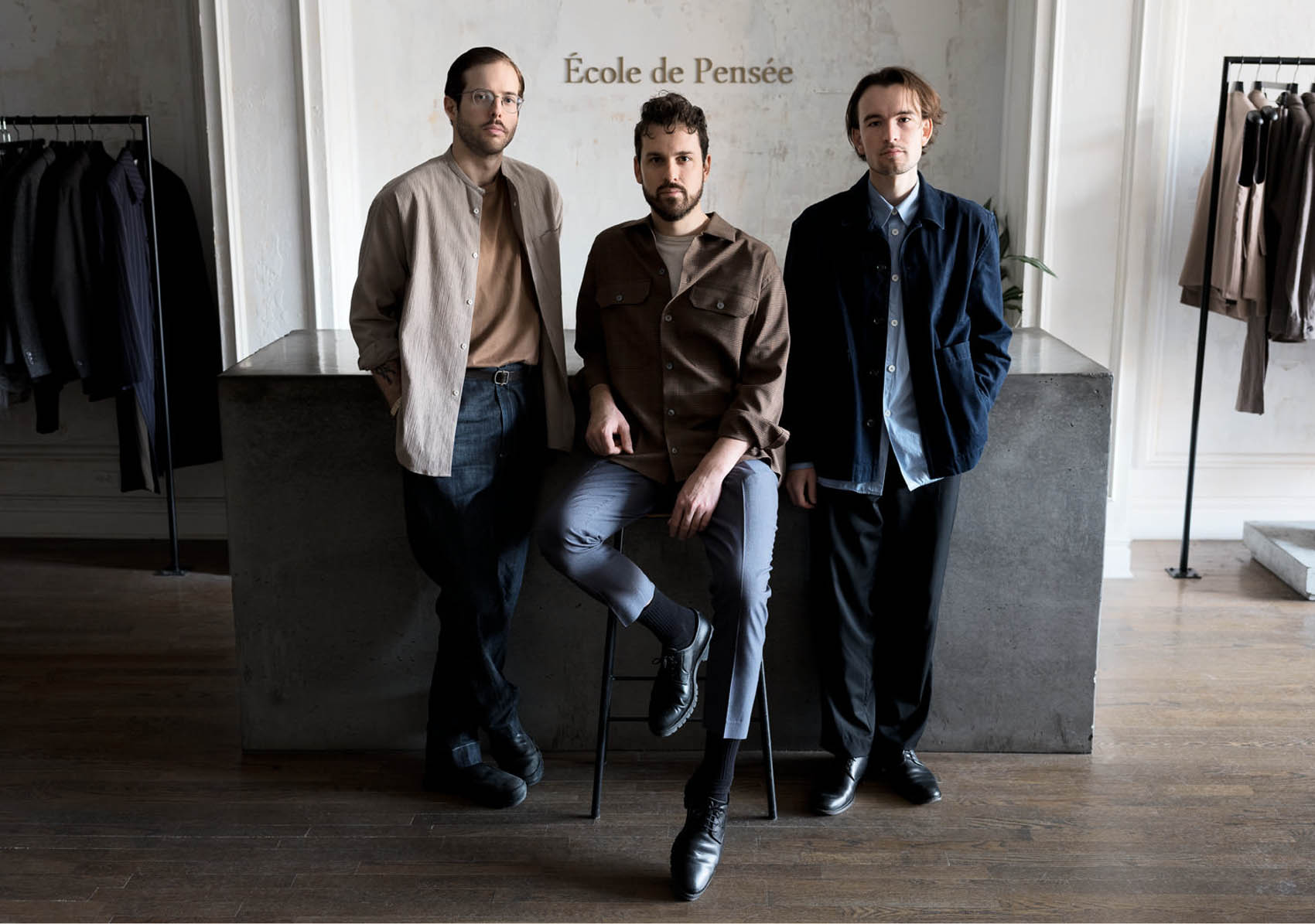
École de Pensée’s Founders Propose a New Philosophy of Luxury
From skatepark beginnings to quality menswear.
Like many great menswear designers, from Noah founder and J.Crew creative director Brendon Babenzien to the late Virgil Abloh, Marc-André Garand can trace his cultural influences to one place: the skatepark. “My first touch with subculture was skateboarding,” Garand, now 30, remembers. In 2014, he co-founded the Montreal menswear brand École de Pensée with his childhood best friend, William Lessard, who oversees production. Garand manages the store and leads the artistic direction, amongst other things. The brand’s clothing is utilitarian and timeless. Everything is handcrafted from fabrics manufactured in the finest factories and mills in Italy, England, and Japan. On its face, École de Pensée (School of Thought) feels like a far cry from the Stüssy T-shirts and thrifted Ralph Lauren corduroy pants found at the skatepark. But for the founders of École de Pensée, the most important lesson they learned in the skatepark applies in the design studio: you don’t need formal training—just a clear vision and a DIY attitude. “At first, we just wanted to learn everything,” Garand says of École de Pensée’s early days. “So working with our pattern maker, selling clothes, managing the store, sourcing fabrics to maintaining the relationship within the factories.”
Garand and Lessard learned about underground culture from the older kids in the skatepark. “There’s not so much art,” Garand says of the small Quebec town, Sorel-Tracy, where he and Lessard grew up and where many residents work at the nearby metal factory. “But I think because of skateboarding, we were able to slowly get influenced by music, skateboard, fashion, design.” They listened to hip-hop artists like Gang Starr and Wu-Tang Clan, and learned about Japanese fashion designers. But he strove to develop his personal style, not flaunt logos. “The most stylish people in the skateboard industry didn’t wear skate stuff,” Garand says. “So I think that was a natural evolution of what we like.”
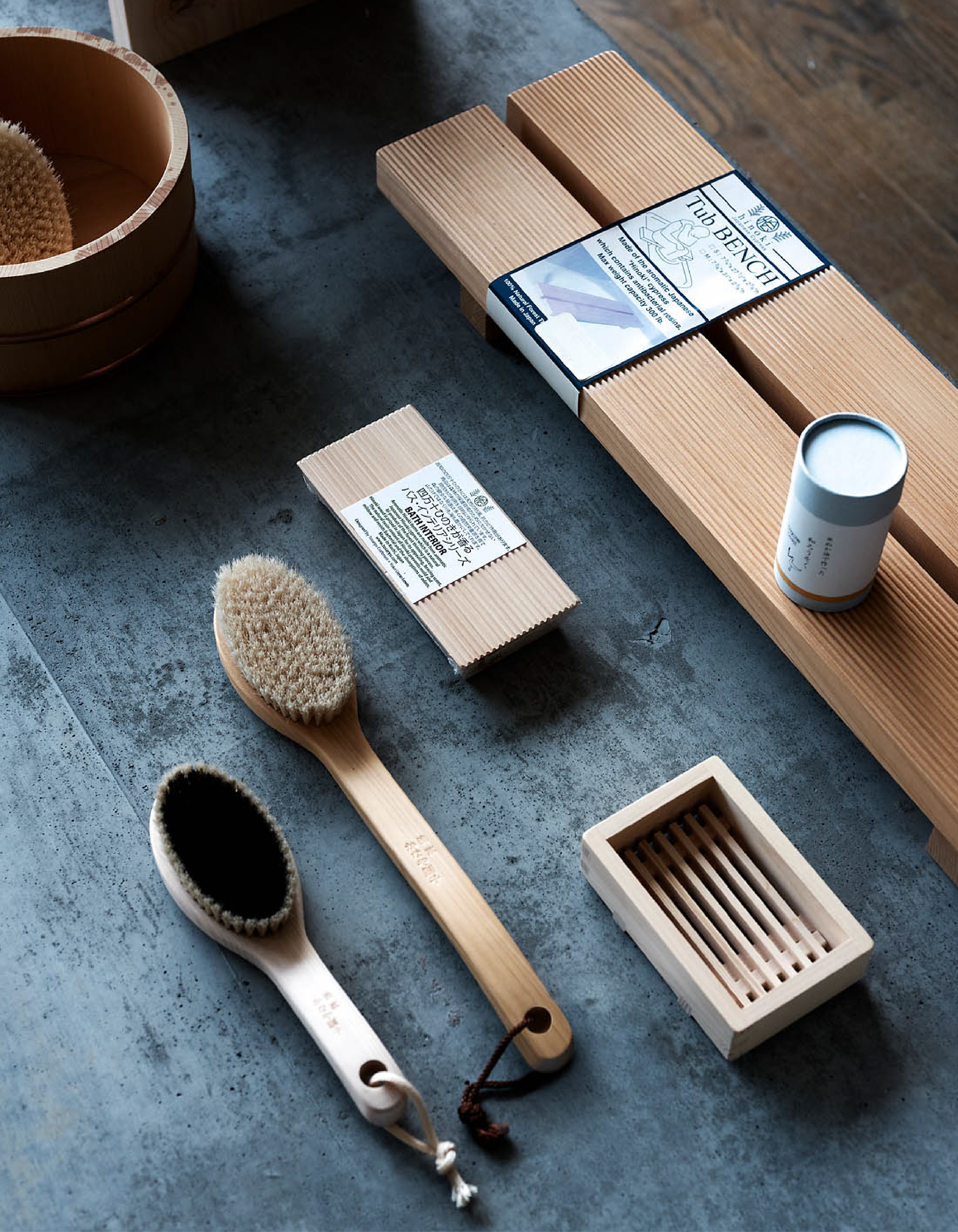
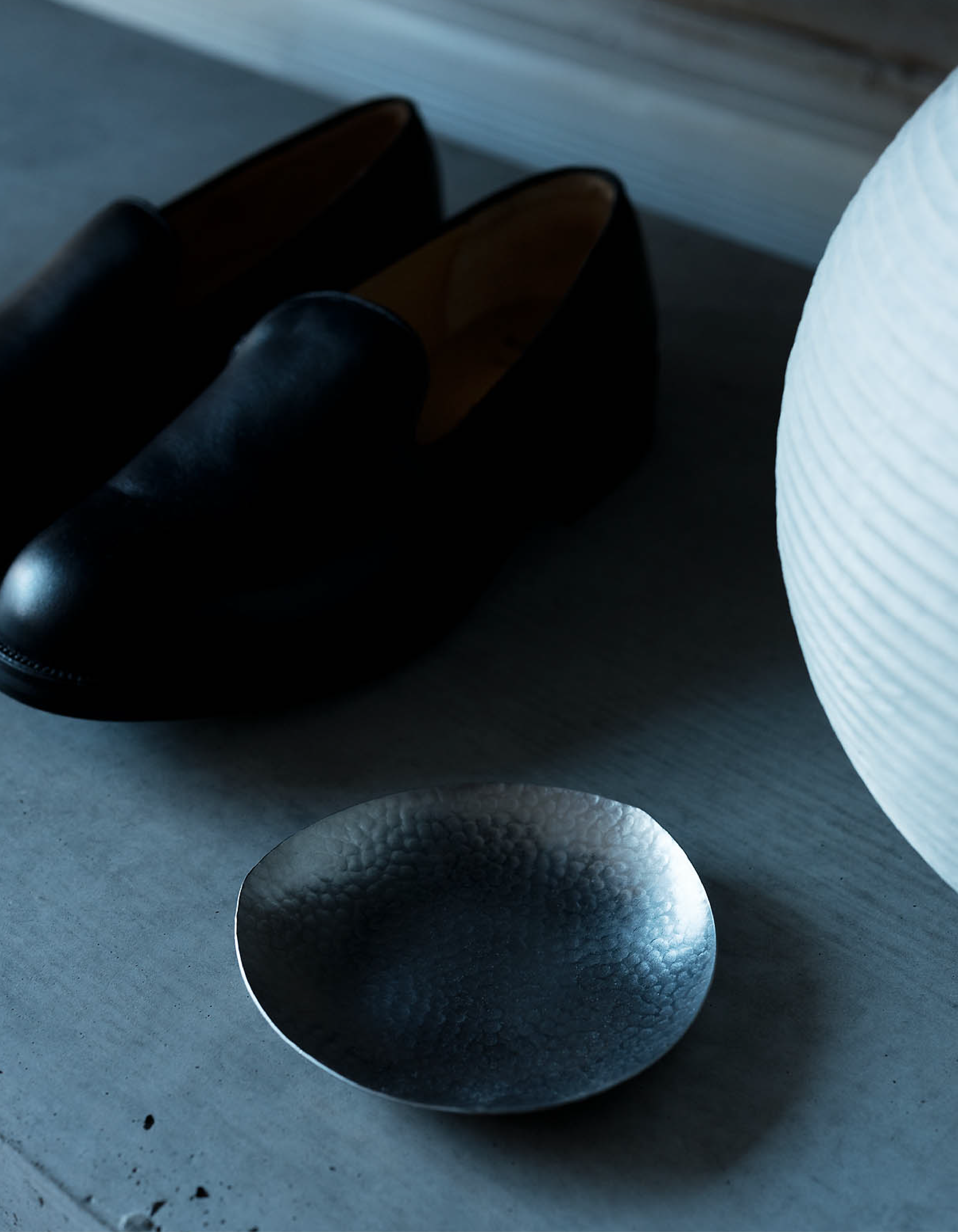
While Garand and Lessard developed a deep interest in clothes, the path forward to pursue a career in fashion wasn’t always clear. In 2010, Garand and Lessard moved to Montreal for business school. It didn’t click, they dropped out, and the two found themselves at a crossroad. “At the time, we said, okay, we have two choices: either study fashion or save money and start a project,” he says. “Gradually, we started to be deeply interested about manufacturing and fabric’s composition, draping and textures, which led us to concretize our vision for menswear clothing into the form of the École de Pensée project,” Lessard adds.
To save up for their first collection, they worked retail jobs. Garand had worked in a skate shop in his youth but wanted to learn about brands that emphasized quality (basically, market research.) He worked for Tiger of Sweden, the contemporary tailoring brand, and at a now-shuttered suiting store that carried luxury labels like Jil Sander and Valentino. “I learned good manufacturing, the fabrics, and how to sell high-end stuff,” Garand says. “I learned how to learn how to run a shop.”
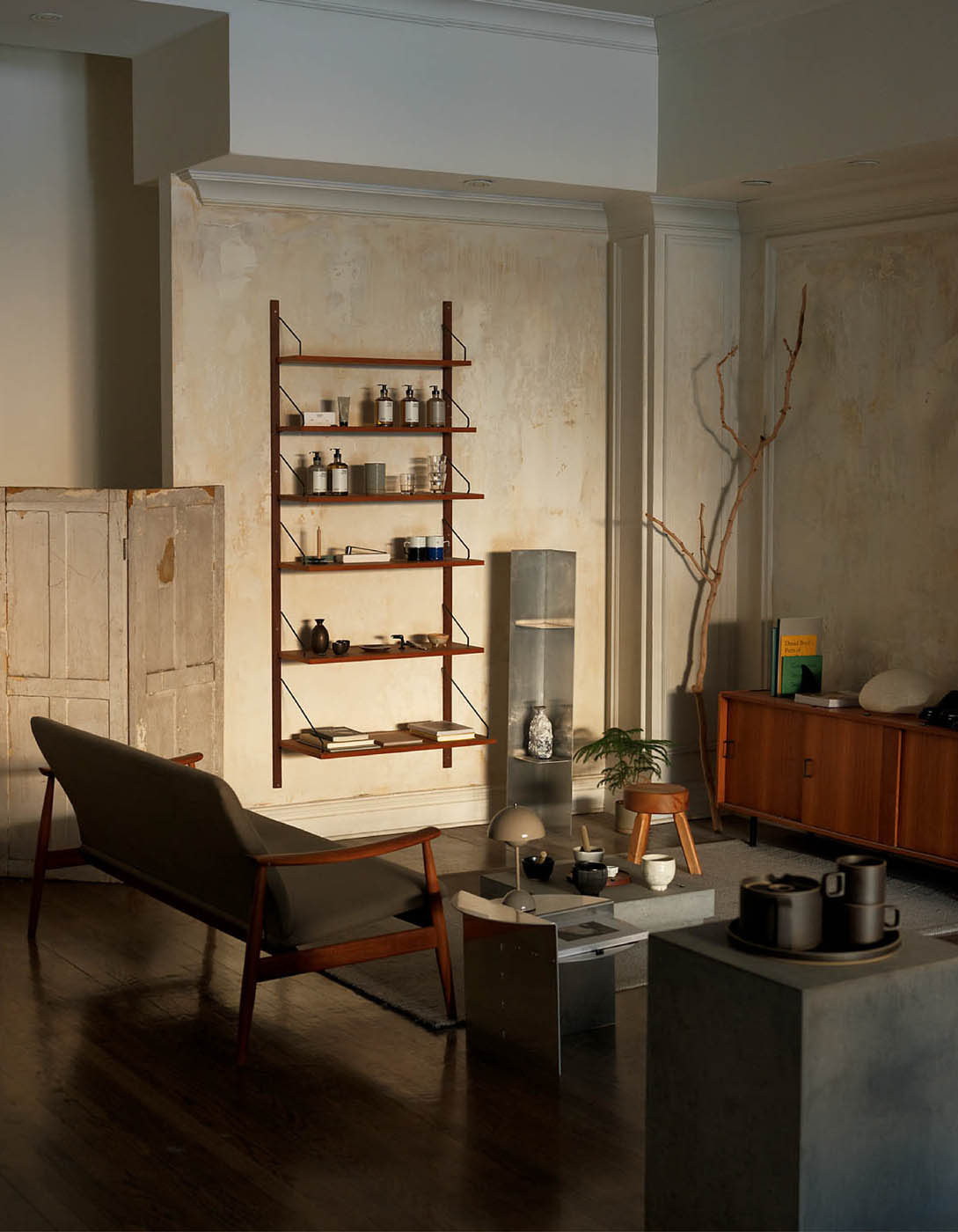
The École de Pensée flagship store in Montreal’s Mile End neighbourhood feels like a well-curated home. “Since we launched the brand in our apartment, we wanted to reproduce that feeling, of being at home where we work,” says Marc-André Garand.
In 2013, Garand and Lessard travelled to Paris to check out a trade show and garner intel. What are the best factories in Italy? What about the denim mills? Who makes the best knitwear? “At first, what we were really getting into was fabrics,” says Garand, who oversees buying for the brand. His skateboard background gave him a sense of what would wear well, just by touching. “You’re like, okay, I want to wear these pants in that kind of wool. Even at that time, we were not aware of, this is a tropical wool, or this is a flannel, this is a tweed. It was just like, I want to wear those pants, every day.” The time they spent learning the ins and outs of the retail and garment industry proved more useful than any formal fashion education could have been in launching their own venture. “You need to understand the important foundations and basics of the apparel industry before you start a project such as ours: garment construction, fabric weight, draping, cuts, market, pricing, minimums, competition, retail, et cetera.”
The first test collection, made locally, consisted of two shirts, one jacket, and one sweatshirt, crafted from imported Japanese fabrics and produced in a factory in Chabanel, Montreal’s garment district. It would land them stockists across the world, in New York, Paris, and Montreal. In late 2015, Garand and Lessard returned to Europe with their first capsule collection to present at London fashion week showrooms and a capsule trade show in Paris.
_________
For the founders of École de Pensée, the most important lesson they learned in the skatepark applies in the design studio: you don’t need formal training—just a clear vision and a DIY attitude.
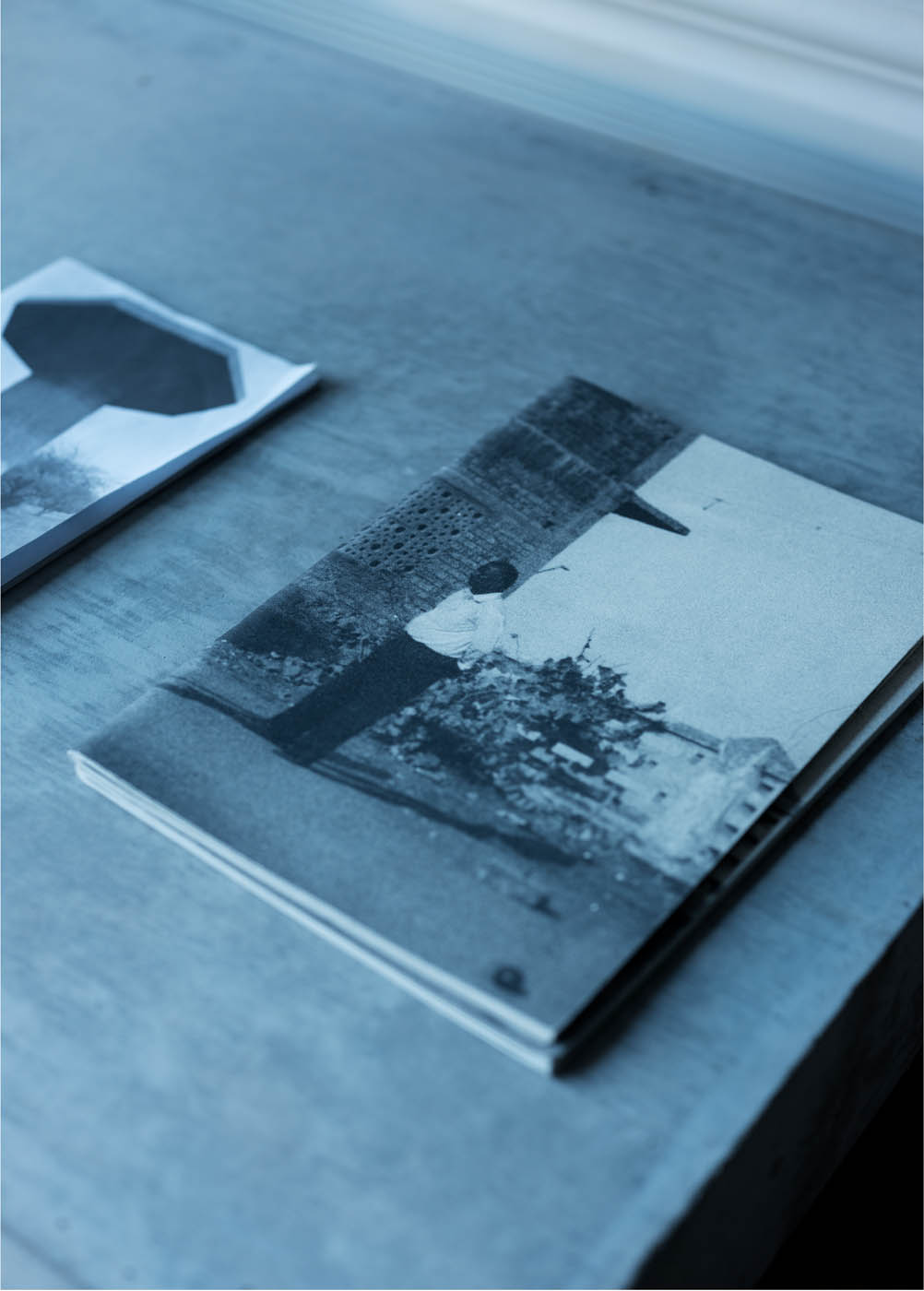
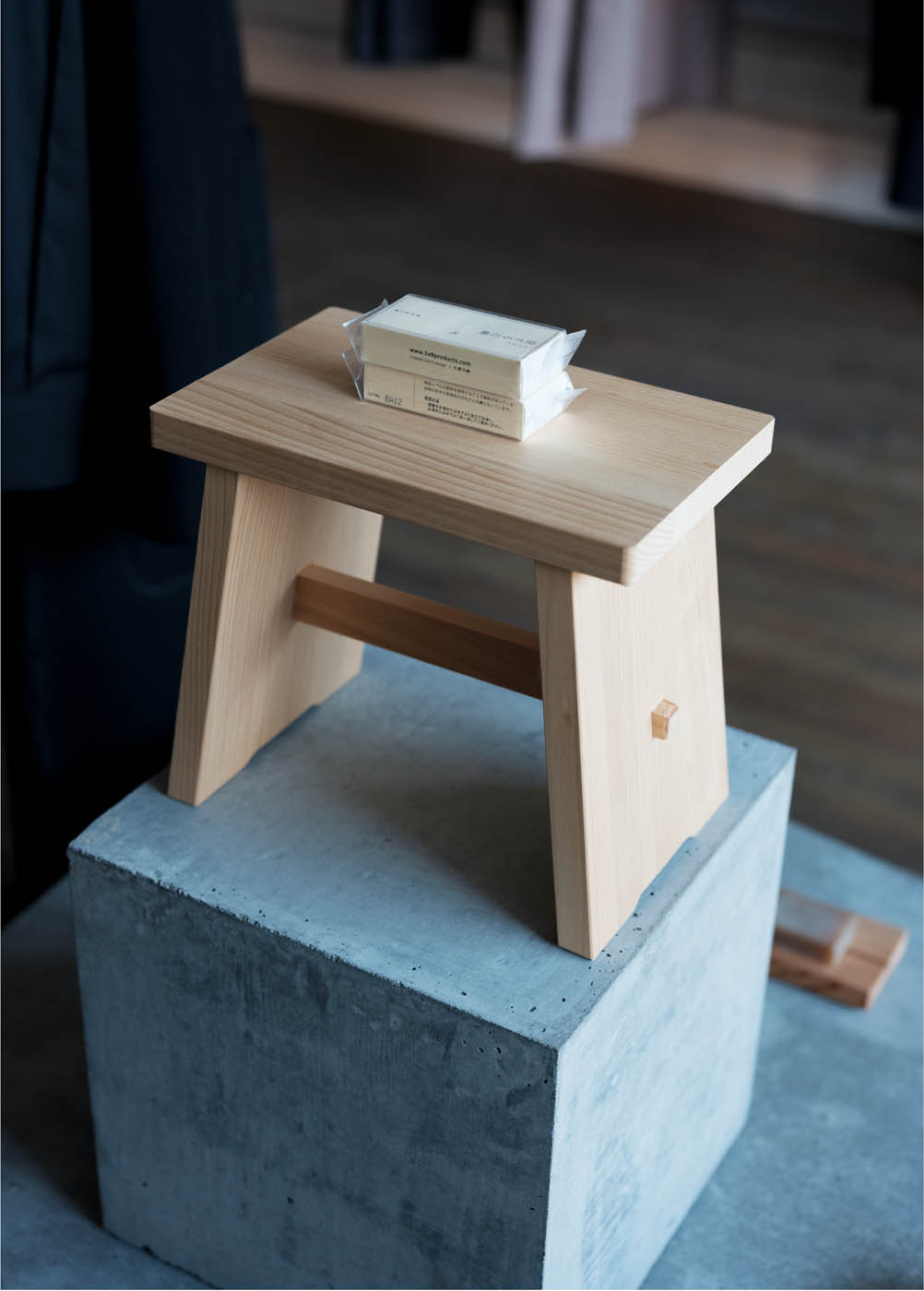
Garand had met Julien Gauthier, who had a brand of his own in development, while working in retail and later added him to the École de Pensée team to lead design and creative direction. “Seeing that we had a very similar vision and philosophy, we decided to join forces rather than working on separate paths, and reregistered the business under our three names,” Gauthier says. The three men have since become experts in fabrics and manufacturing. And that dedication to the highest standards of artisanal craftsmanship—not to mention the close relationships with their factories—shows up in their meticulously tailored trousers made in Italy and knitwear made in Scotland. Cutting-edge retailers in Japan and south of the border have since picked up the brand, along with Simons, the innovative Canadian department store, where it hangs alongside brands including Yohji Yamamoto, Acne Studios, and Lemaire.
After nearly a decade in business, École de Pensée is still entirely self-funded and therefore a deeply personal project. Lessard notes that the freedom self-funding has given them is what keeps them motivated. “Since we chose the independent path and decided early that we weren’t chasing investors and not being part of big fashion houses, it allowed us to manage our business in a way that we guide our decisions based on passion and our love for nice cuts and quality fabrics instead of cutting down on quality and having to accept money-driven decisions like most of the designers that are now working for big houses,” he says.
The trio embraces collaboration to execute their collective, precise vision—and nowhere is that clearer than at the brand’s flagship store in Montreal’s Mile End neighbourhood. “Since we launched the brand in our apartment, we wanted to reproduce that feeling, of being at home where we work,” Garand says of the space, which they designed themselves, including the concrete counter and displays. “So we were like, okay, let’s do a living room, let’s do a dining table, let’s have shelving.” Their exacting eye for good design makes the store feel like the most tasteful apartment you’ve ever seen, not an overly curated collection of things designed to be looked at but not lived with. The Poul Cadovius shelving is stocked with art books and FRAMA products. Japanese tea is served on the vintage Finn Juhl couch.
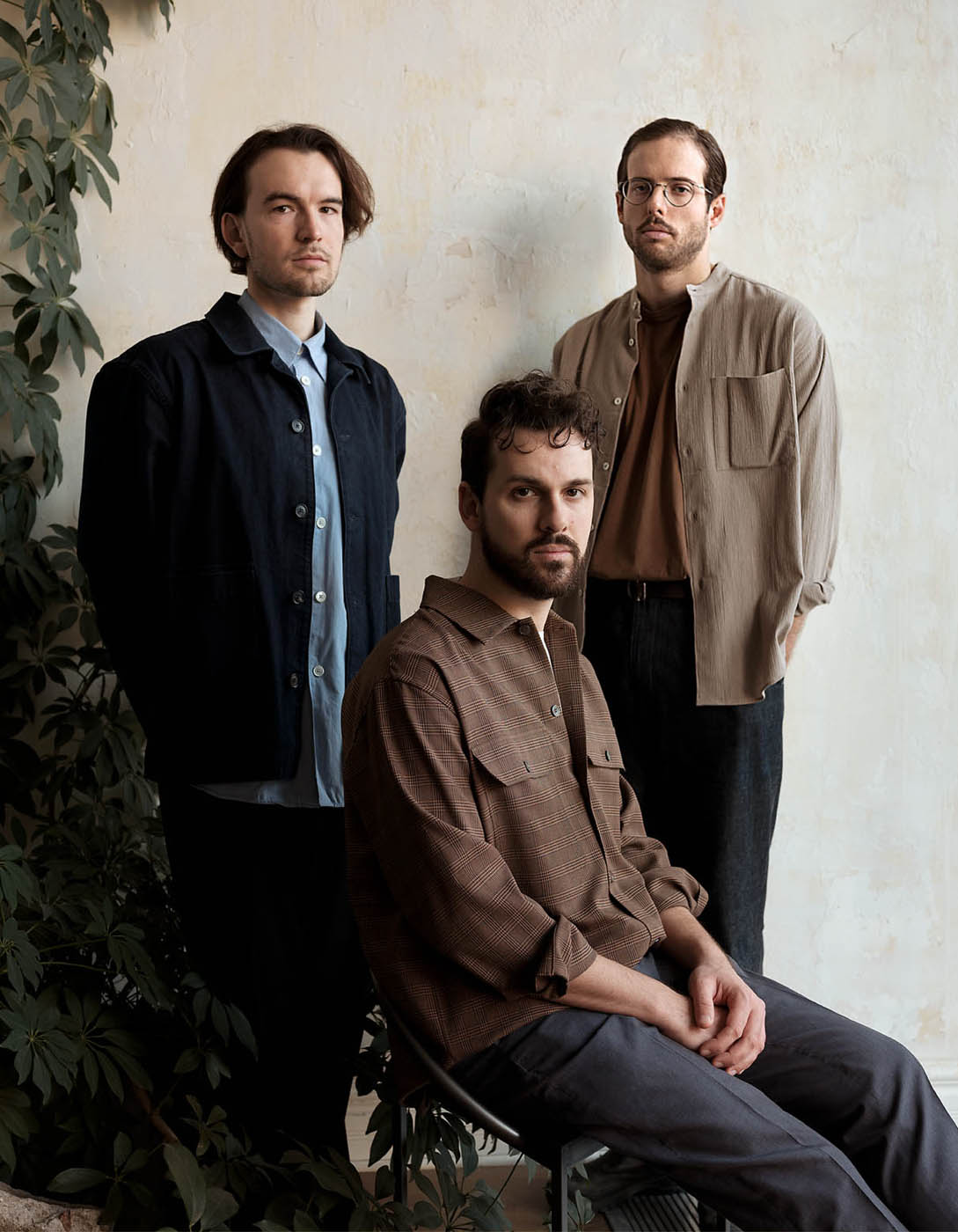
Julien Gauthier (left), Marc-André Garand (centre), and William Lessard (right), founders of École de Pensée at the flagship store in Montreal.
This warmth and attention to detail illustrate what draws people to the brand’s ethos. “It is just about making nice clothes with nice people,” Garand says. “And also, we really stand behind making ethical stuff. So just to be part of that culture, in Montreal, but even internationally. The clothes speak for themselves. We want to embrace craftsmanship and good design. We’re not the kind of brand that focuses on ego. We want to be inclusive.”
At École de Pensée, there’s a dialogue, with each other, customers, and even with the clothes and objects in the store. “We’ve always only relied on our instinct during this whole journey and enjoyed every moment of the process of building this brand without any specific tangible end goal or finality,” Lessard says. That guiding ethos is right there in the name: School of Thought. “It’s a group of people that have the same vision,” Garand says. “It’s the way we see things in life: how to consume, how to design, how to be with people. So it’s a nice name, but it’s basically a philosophy.” 

